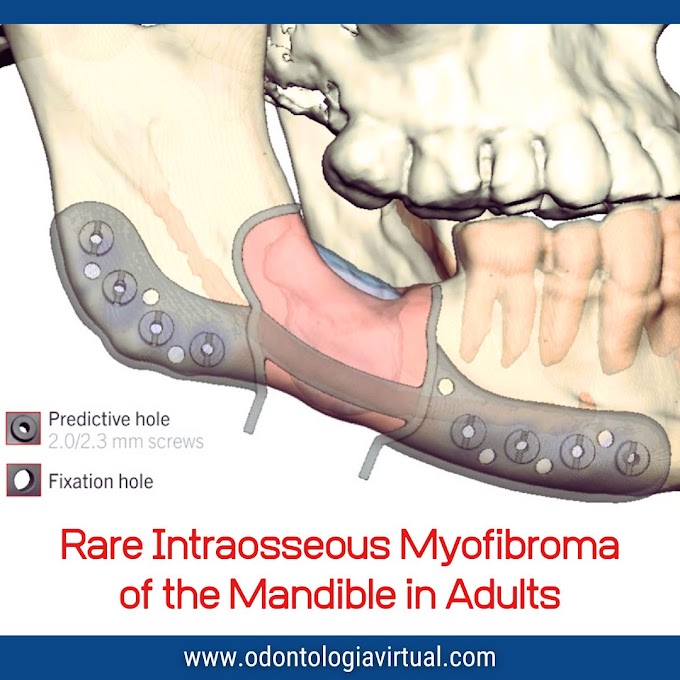Doxycycline, a broad-spectrum tetracycline antibiotic, has long been utilized in periodontal therapy for its antimicrobial properties.
Beyond its antibacterial effects, doxycycline exhibits anti-inflammatory and host-modulating activities, making it a valuable adjunct in managing periodontal diseases.
This article reviews the current clinical applications of doxycycline in periodontics, elucidates its mechanisms of action, and highlights recent scientific findings.
Mechanisms of Action in Periodontal Therapy
Doxycycline's efficacy in periodontal treatment stems from multiple mechanisms:
✔ Antimicrobial Activity
Doxycycline inhibits bacterial protein synthesis, effectively targeting key periodontal pathogens such as Porphyromonas gingivalis and Aggregatibacter actinomycetemcomitans.
✔ Matrix Metalloproteinase (MMP) Inhibition
At sub-antimicrobial doses, doxycycline suppresses MMP activity, particularly MMP-8 and MMP-9, enzymes implicated in collagen degradation within periodontal tissues. This inhibition aids in preserving the structural integrity of the periodontium.
✔ Anti-inflammatory Effects
Doxycycline reduces the production of pro-inflammatory cytokines, contributing to decreased tissue inflammation and promoting periodontal healing.
► BOOK 2020: Fundamentals of Periodontal Instrumentation and Advanced Root Instrumentation, Enhanced - 8th Edition
Systemic Administration as an Adjunct to Scaling and Root Planing (SRP)
Systemic doxycycline has been explored as an adjunctive therapy to SRP, particularly in patients with systemic conditions like diabetes mellitus.
A recent meta-analysis indicated that combining systemic doxycycline with SRP significantly reduced gingival inflammation in diabetic patients compared to SRP alone.
However, this combination did not markedly prevent periodontal tissue destruction, suggesting the need for comprehensive management strategies.
Local Delivery Systems
Local delivery of doxycycline directly into periodontal pockets offers targeted therapy with reduced systemic exposure.
Clinical studies have demonstrated that locally delivered doxycycline can improve clinical parameters, such as probing depth and attachment levels, especially in smokers and patients with chronic periodontitis.
These delivery systems often utilize biodegradable gels or fibers that release the drug over a sustained period.
Sub-Antimicrobial Dose Doxycycline (SDD) for Host Modulation
SDD therapy involves administering doxycycline at doses (typically 20 mg twice daily) that are below the antimicrobial threshold, focusing on modulating the host response rather than directly targeting bacteria.
This approach has been shown to reduce MMP activity and inflammatory mediators, leading to improved clinical outcomes in chronic periodontitis management.
Considerations and Clinical Implications
While doxycycline offers multiple benefits in periodontal therapy, clinicians must consider potential drawbacks:
✔ Antibiotic Resistance
Overuse or inappropriate use can contribute to the development of antibiotic-resistant bacterial strains.
✔ Patient Compliance
Adherence to dosing regimens, especially in SDD therapy, is crucial for efficacy.
✔ Systemic Effects
Though generally well-tolerated, systemic administration may lead to gastrointestinal disturbances or photosensitivity in some patients.
Therefore, the decision to incorporate doxycycline into periodontal treatment should be individualized, weighing the benefits against potential risks.
► Read also: Local Antimicrobial Therapy in Periodontics: A Review of Scientific Publications (2018–2024)
Conclusion
Doxycycline serves as a multifaceted agent in periodontal therapy, offering antimicrobial, anti-inflammatory, and host-modulating effects.
Its application, whether systemic, local, or at sub-antimicrobial doses, should be tailored to the patient's specific clinical scenario.
Ongoing research continues to refine its role, aiming to maximize therapeutic outcomes while minimizing adverse effects.
References
✔ Zhang, Y., Zhang, X., & Zhang, L. (2025). Systemic doxycycline as an adjunct to nonsurgical periodontal therapy in diabetic patients: A meta-analysis. Frontiers in Physiology, 15, 1479152.
✔ Journal of Periodontal Research. (2023). Influence of locally delivered doxycycline on clinical and molecular parameters in periodontitis. J Periodontal Res, 58(3), 456-464.
✔ de Molon, R. S., et al. (2024). The efficacy of topical or systemic antibiotics as adjuvants to non-surgical periodontal treatment in diabetic patients: A systematic review and meta-analysis. Journal of Clinical Medicine, 13(16), 4763.













